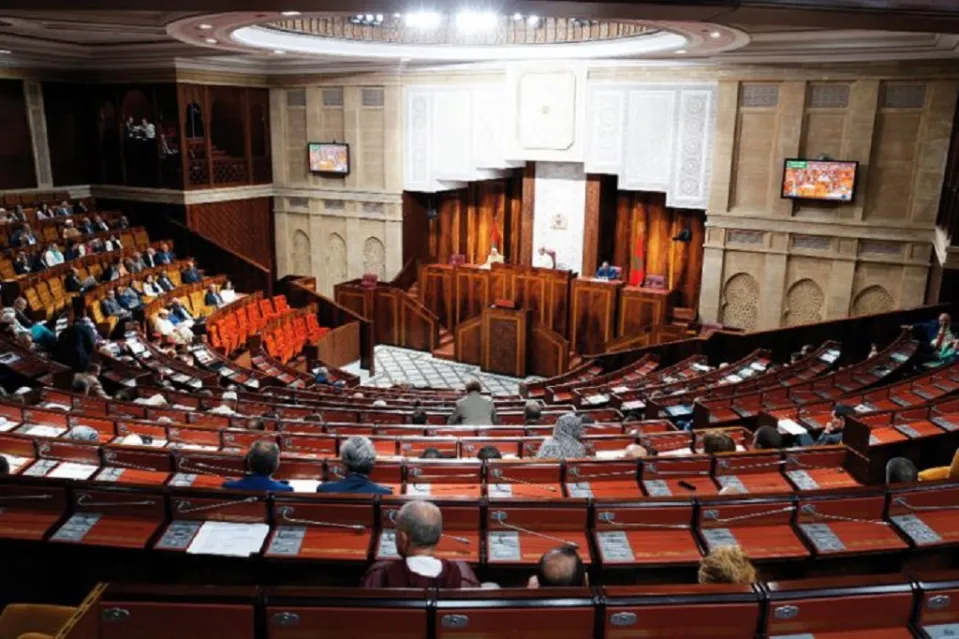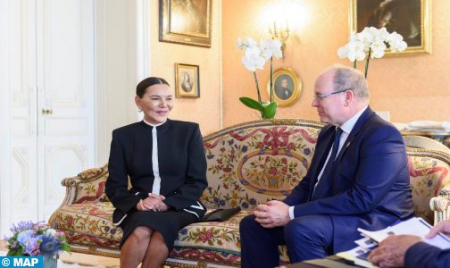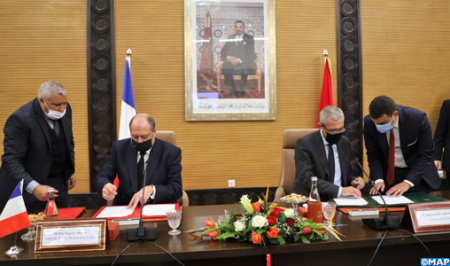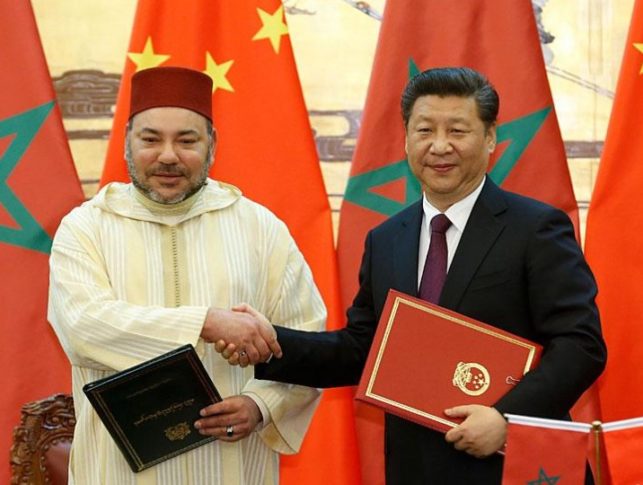Moroccan MPs gave go-ahead to the 2023 budget law that aims to foster the well-fare state, cut the fiscal deficit and promote investment in a difficult international context marked by the impact of imported inflation and the repercussions of climate change and drought.
Drought and inflation have both dipped Morocco’s growth forecast for 2022 to less than 1.5% according to the government.
The draft budget also assigns particular importance to spurring private investment. The latest ministerial council approved the appointment of Mohamed Benchaaboun as new director of the Mohammed VI investment fund.
The King has set the target of attracting 550 billion dirhams ($50 bln) in investments by 2026 and the creation of 550,000 new jobs.
The new development model, a road map for the next 14 years, has set the goal of increasing the share of the private sector to two-thirds of total investments instead of one third currently.
Morocco plans to increase the budget for health, education and social safety nets next year but expects the budget deficit to be reduced thanks to an increase in tax revenue, reads the 2023 draft budget.
The budget plans to increase in the next four years taxes on companies exceeding 100 million dirhams in annual profits.
Banks and insurers in particular will have to pay a 40% tax on profit by 2026, the finance minister has announced as part of a tax reform that will be launched under the 2023 budget.
Taxes on sugary products will also be raised, said the finance minister who was presenting the headlines of the budget last week at the parliament.
Morocco subsidies sugar along with cooking gas and flour. But this year it has offered subsidies to professional transporters to keep prices stable as well as to farmers and tourism businesses to help them redress from the fallout of the pandemic and the skyrocketing oil prices.
Overall, spending on subsidies is expected to soar to some $4 billion including 3.2 billion for the subsidies fund (cooking gas, flour and sugar).
Meanwhile, the finance minister said that the income tax on the middle class and pensioners will be reduced.
These measures will help reduce the fiscal deficit from 5.3% in 2022 to 4.5% next year.
The government has also earmarked 300 billion dirhams for public investments.



